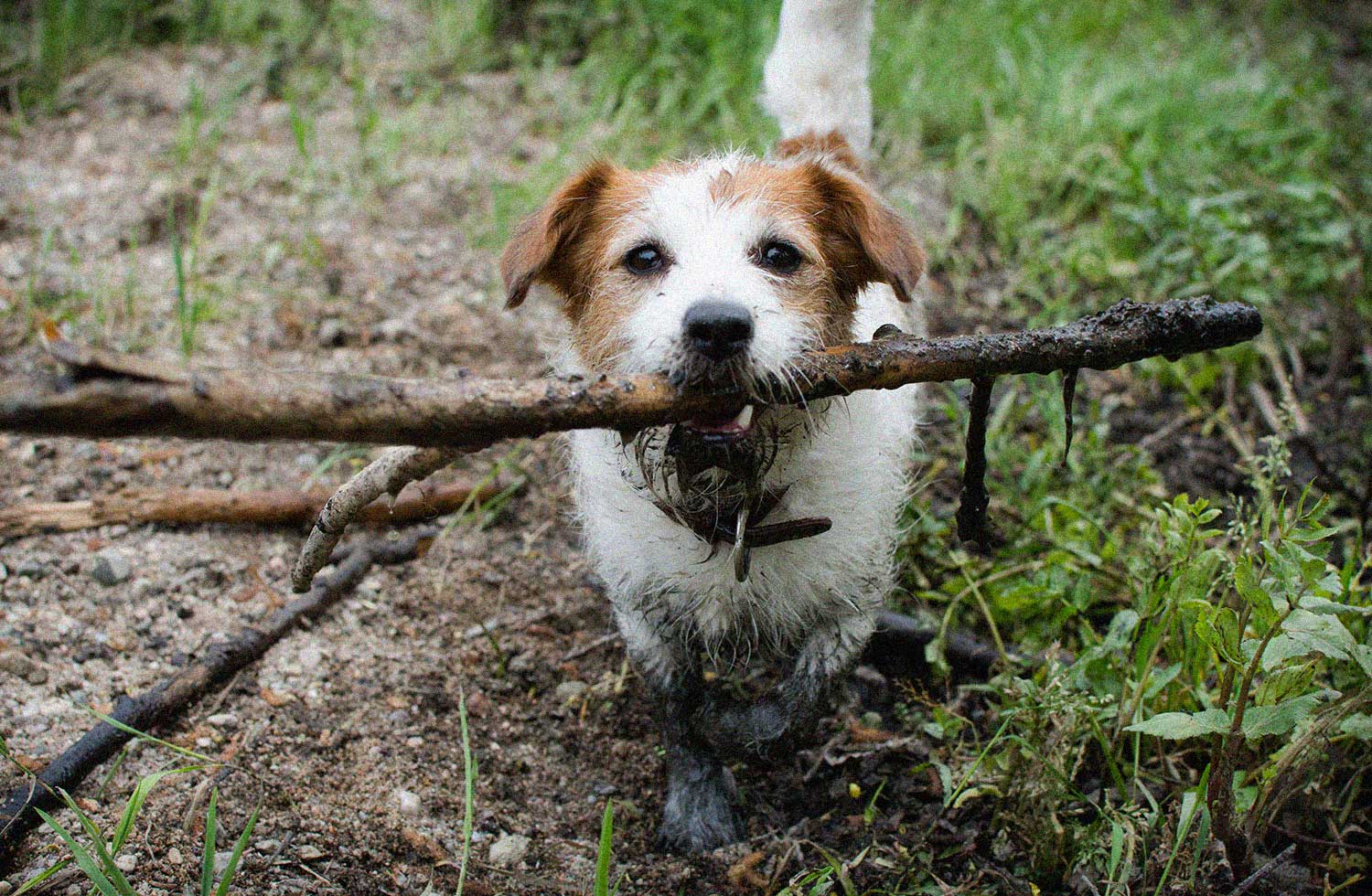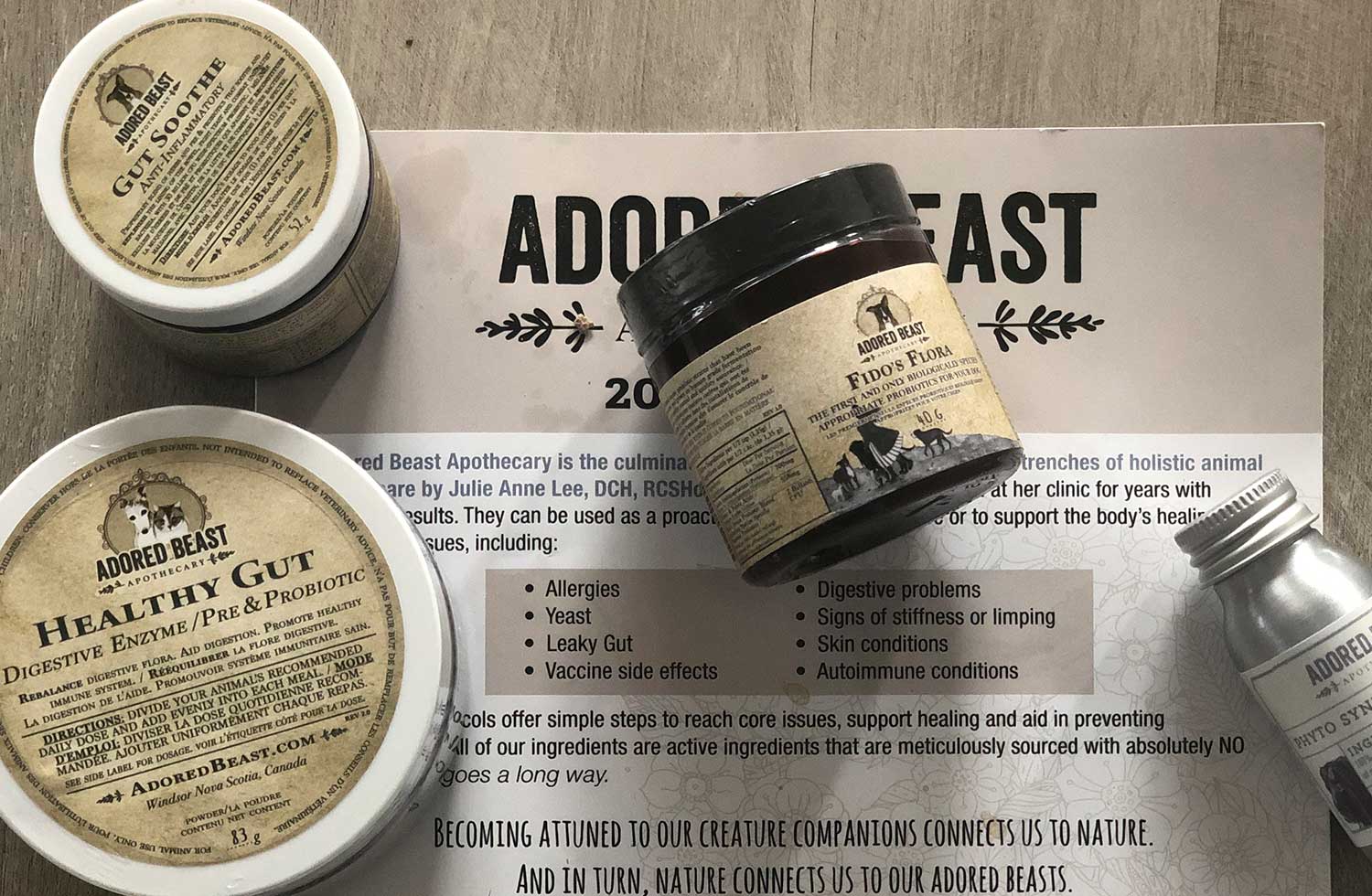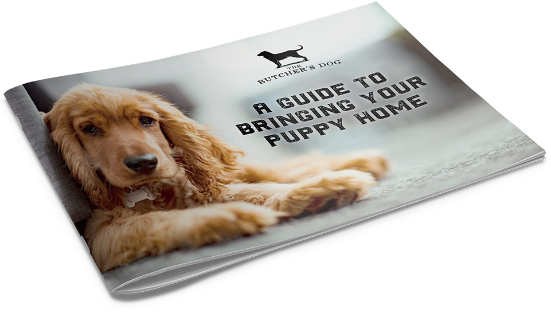The importance of gut health
By now, those of us with even a passing interest in nutrition have no doubt heard the expression “gut health.” If you’re a regular visitor to this blog, you’ve probably read about it here or heard me talk about pre and probiotics. It has become so entrenched in the vernacular of nutrition – both animal and our own – that we tend to gloss over it as simply a necessity, without paying too much attention to the details.
When we talk about “the gut” in gut health, it’s not just the tummy or stomach that we’re referring to. The gut incorporates the entire gastrointestinal tract, which begins at the mouth and goes all the way through the body to the bum. It incorporates a good portion of the body’s organs and it is responsible for some very critical bodily functions, which is why it’s SO important that we ensure its health. The primary job of the gut is to digest food, breaking it down into a form that can deliver nutrients to the bloodstream. Pretty straightforward, right?
But within the gut is the gut microbiome. This is an ecosystem of trillions of microorganisms, including bacteria – both good and bad – fungi, viruses, and other microscopic critters that reside mainly in the large intestine. They also live in other parts of the body, such as in the mouth, on the skin, and even in the vagina. These good bacteria are what we mean when we say probiotics. And the good ones don’t just help to digest food and absorb or produce nutrients – they play an important role in fighting infections such as dental disease, food poisoning, or urinary tract infections, they assist with regulating weight, they play an essential role in the health of the immune system, and they can even affect mental health, the heart and the likelihood of developing diabetes.

Gut bacteria assists with regulating weight and can influence the onset of diabetes.
When the bacteria in the gut is in balance, the presence of good bacteria outnumbers bad and is sufficient to defend against illness and disease. If the gut is out of balance – or experiencing dysbiosis – it can mean there has been a loss of “good” bacteria, an overgrowth of “bad” bacteria or a reduction in the diversity of the microbes in the gut (or a combination of all three).
The more diversity present in the gut microbiome, the greater the positive influence on health, and especially intestinal health. Numerous studies (in humans) have linked gut dysbiosis to inflammatory intestinal conditions such as IBS, and a 2017 study on dogs also linked gut microbiome diversity with intestinal health. Immune cells also live in the gut, with as much as 70-80% of the immune system thought to reside here, so its role in health really can’t be understated.
The gut microbiome develops very early in life, possibly even in the womb, and the health of the gut may be impacted by many factors, including some we have no control of, like genetics, whether the birth is vaginal or by cesarean, or whether we (or our dog) are breastfed. The health of a mother’s gut microbiome likely informs the benefits obtained through birth and breastfeeding, as well as in utero development of the microbiome.
There are also lifestyle factors that we have limited control over and which impact the health of the microbiome, such as environmental toxins, and essential medications like antibiotics in times of illness. But then there are lifestyle things we can do to improve or preserve the health of the gut, and (unsurprisingly) my favorite one is diet.
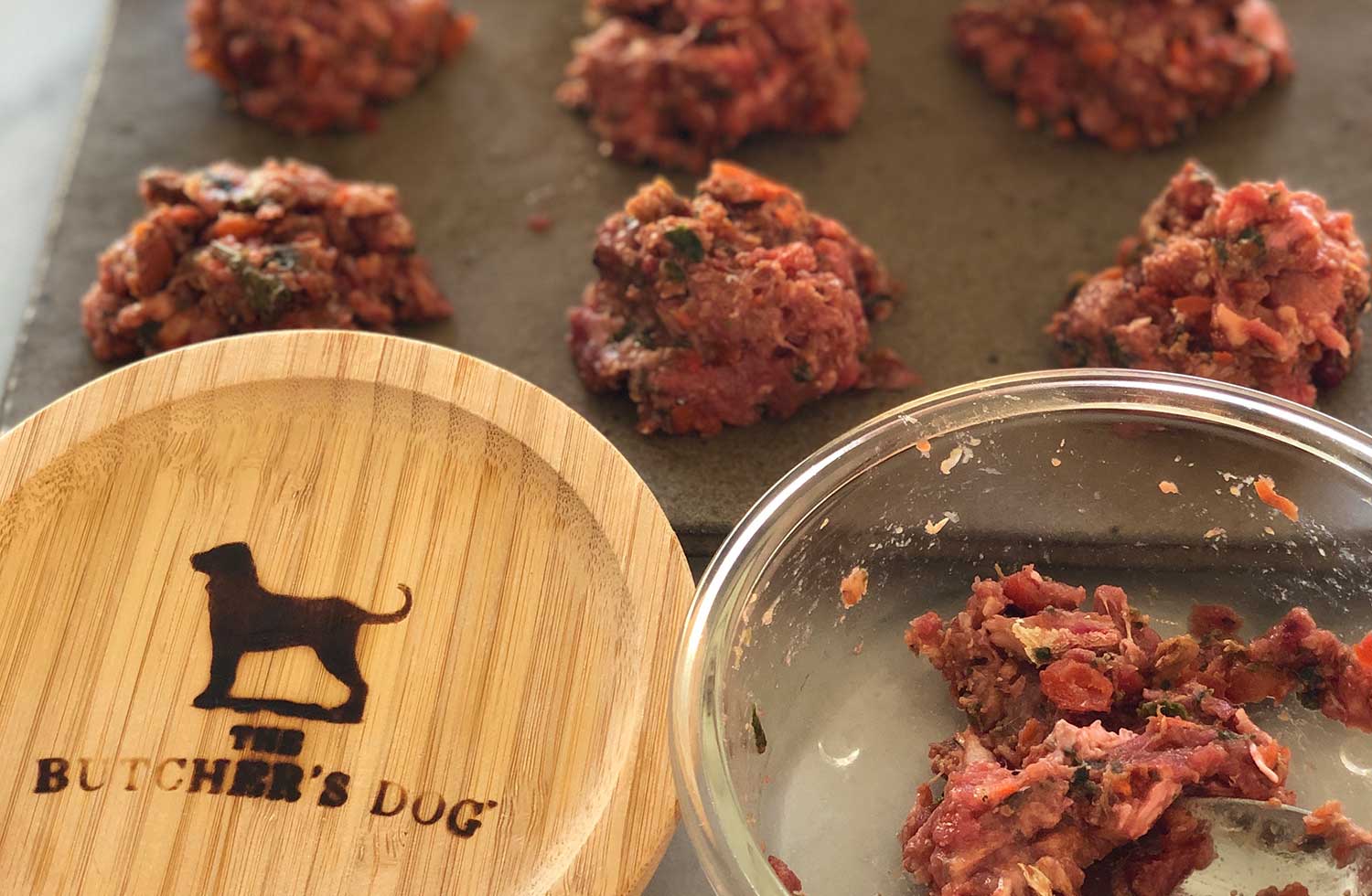
The single best way to support the health of the gut is to feed a diet of fresh, living nutrients, that suits the digestive capability of your pet.
This food will be naturally brimming with probiotic goodness and digestive enzymes that will aid the digestive process, but they also offer bigger-picture benefits. A diverse and varied diet, as opposed to a monotonous processed diet, offers a wide variety of different strains of probiotics (like the Lactobacillus acidophilus made famous by yogurt commercials in the 90s), which builds diversity in the microbiome. Fresh foods that suit the carnivorous mouth of our pets (like meaty bones) provide a defense that helps to prevent pathogenic bacteria from building up in the mouth, unlike starchy foods that offer no dental or bacteria-fighting benefits.
As we discussed in this post, preventing dental disease is integral to preventing disease all through the body.
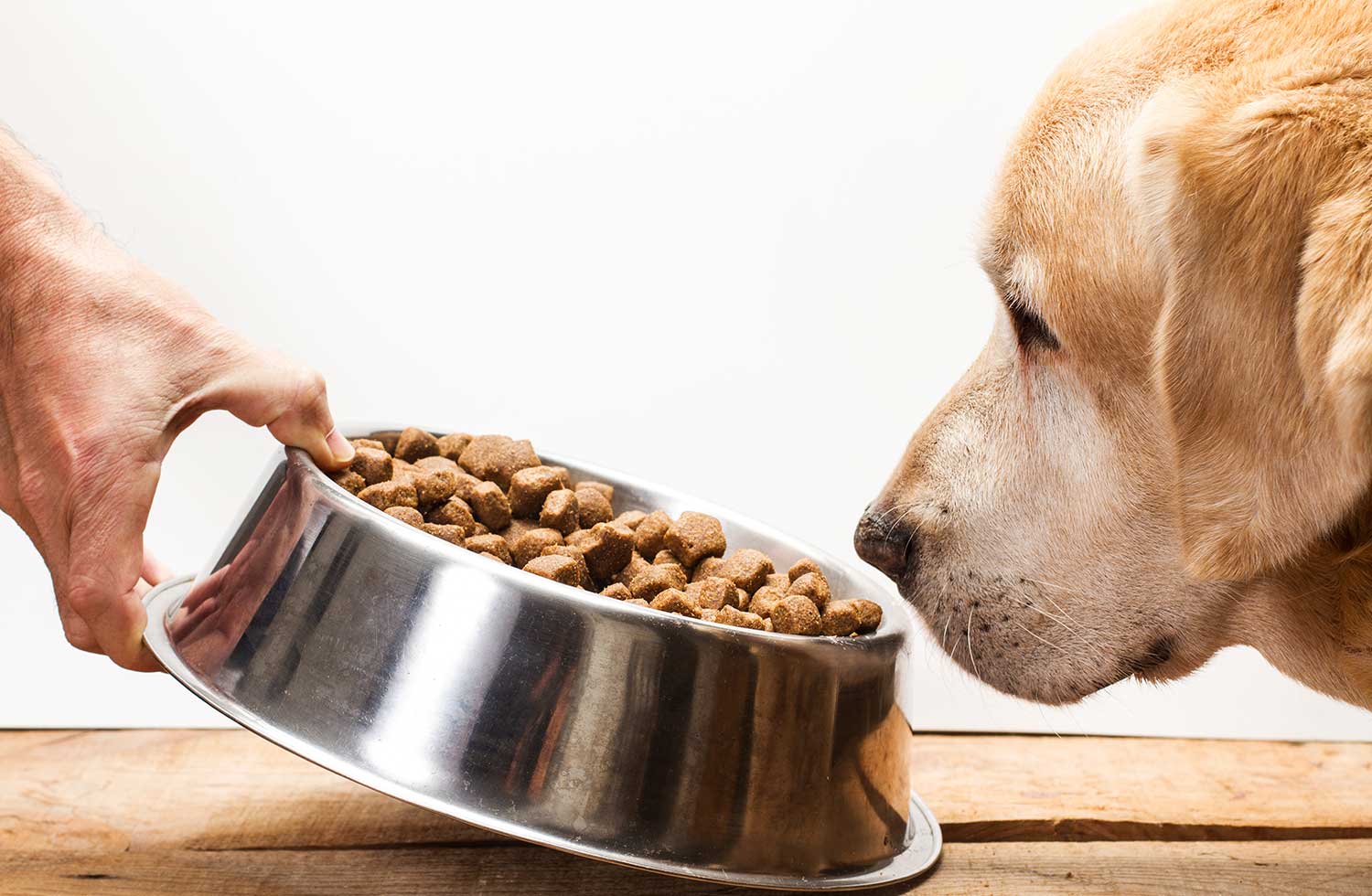
Heavily processed foods that are repeatedly heat treated and sit on shelves for months simply cannot offer the same living enzymes and good bacteria as fresh foods.
While some are targeted to intestinal health, they are still brimming with heavily processed, unsuitable ingredients and synthetic nutrients, they offer no comparable dietary diversity and they are cooked within an inch of their life (or arguably beyond it, RIP). It simply does not pass the test of common sense that such food could be offering a positive impact on the health of our pet’s oh so important gut, and the ever-increasing amount of kibble fed dogs with IBS, skin conditions, ear infections, yeast infections, gas, and cancer frankly make it a hard sell for me. And in fact, a study conducted in 2017 that compared kibble-fed and raw-fed dogs found that bacteria associated with diarrhea and irritable bowel disorder was higher in kibble-fed dogs, while raw the fed dogs experienced “improved apparent protein and energy digestibility, reduced fecal weight and better fecal consistency.”
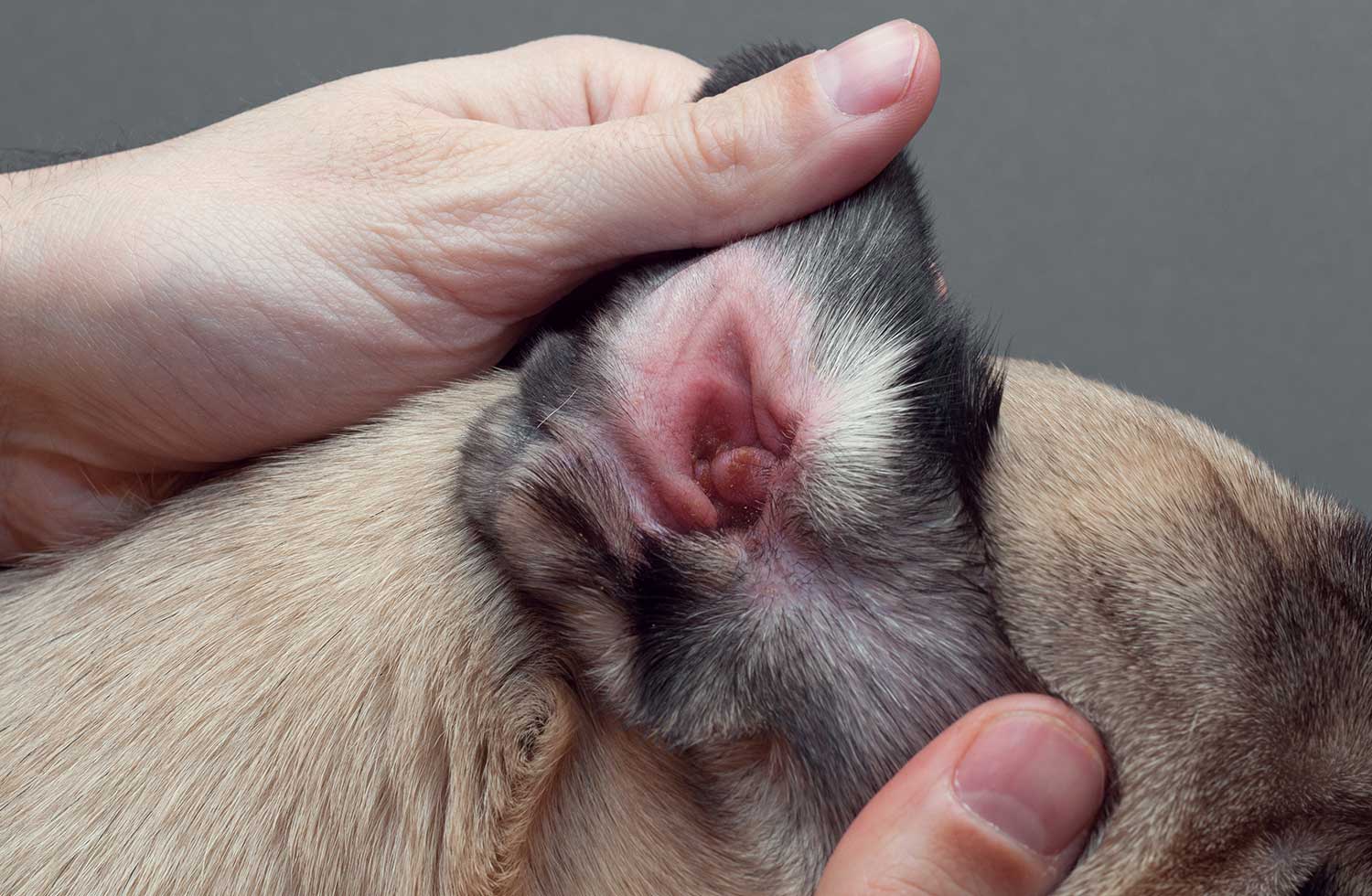
With the ever-increasing amount of kibble-fed dogs with IBS, skin conditions, ear infections, yeast infections, gas, and cancer, frankly kibble is a hard sell for me.
The gut microbiota can change very quickly—as fast as a matter of just days from dietary changes—but this doesn’t necessarily mean that poor gut health is an easy fix. It’s not uncommon for people to try fresh foods and find they don’t help, or sometimes even seem to make things worse, so they quickly revert back to processed food and things stabilize. Anyone who has ever eaten a whole foods diet and then a meal from McDonald’s (or a beige diet and then a plate of broccoli) will be able to attest that sudden, major dietary changes are not pleasant. Regardless of their health status, if your dog has a gut microbiome that is optimized (and I use that word loosely) to digest a carbohydrate-based kibble, it will look very different to a dog whose microbiome is optimized to digest raw meat. If you add to this gut dysbiosis or even leaky gut syndrome (a condition where the lining of the gut is degraded and allows particles of food into the bloodstream, triggering an inflammatory response), you are probably facing a little bit of a battle to restore equilibrium, and this will take time. Please don’t give up.

There are things we can do to make this process go more smoothly, and a big one is to go slowly. Another is to offer things in the diet that are specially targeted to gut health, such as fermented foods. Fermented foods are ancient remedies that we can either make at home, or buy in the form of doggy-safe choices like sauerkraut and other facto-fermented veggies, kefir, or raw dairy like goat’s milk (this isn’t actually fermented, but loaded with the good stuff nonetheless). These can be paired with prebiotics for rest results, which are indigestible fibers that feed the good bacteria in the gut, helping them to stay alive, grow and multiply.
Prebiotics generally come from plants, and some good choices are listed in this post here.
Alternatively, The Butcher’s Dog stocks a range of biologically appropriate probiotic supplements for dogs.
If you suspect your dog’s gut health does need an overhaul, they may require a course of probiotic supplements to restore the equilibrium.
Some areas that can be affected by poor gut health or indicators that your dog’s gut health may not be as good as it could be, include skin conditions, dull fur, really “doggy” smell, excess shedding, greasy coat, itchiness, tummy issues, bad breath, diarrhea, joint pain, poor immune system, food intolerances, yeast infections, recurring UTIs, IBS, and even behavioral issues.

Probiotics also don’t just come from food. They are present in the soil, in the grass, in puddles, even in the poo of other animals, which explains why some dogs insist on eating it. While I definitely don’t recommend coprophagia as a strategy for good gut health, it does sort of explain why some dogs participate in this pretty gross habit. What I do recommend is that we trust our pet’s instincts and let them be dogs, by allowing them to obtain the enormous health benefits of a species-appropriate, fresh diet that supports the health of their microbiome.
And dig, roll in the grass, drink out of puddles. Be good, healthy dogs.
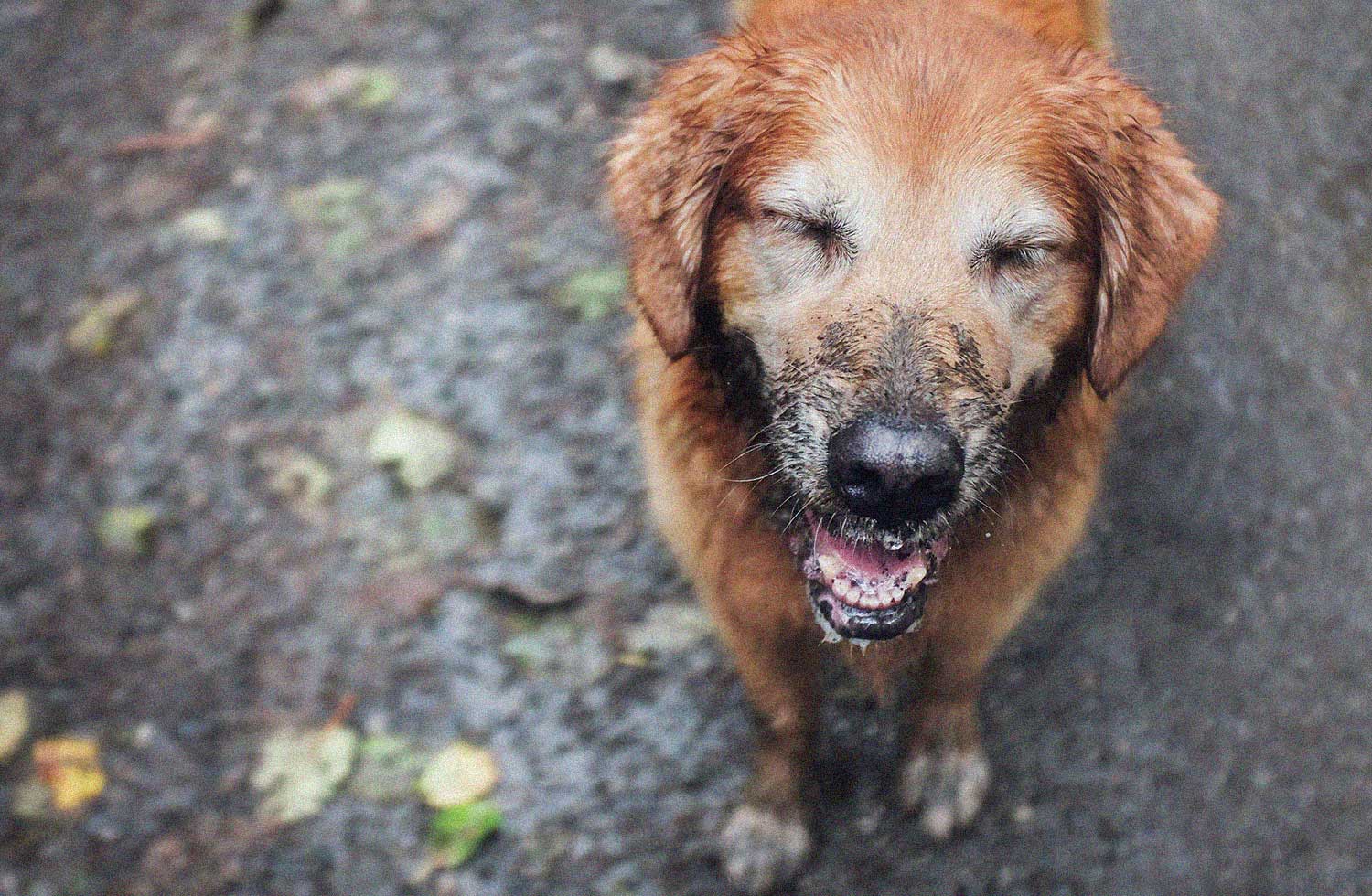
REFERENCES
- https://www.ncbi.nlm.nih.gov/pmc/articles/PMC3829625/
- https://pubmed.ncbi.nlm.nih.gov/26358192/
- https://pubmed.ncbi.nlm.nih.gov/25662751/
- https://www.ncbi.nlm.nih.gov/pmc/articles/PMC4734998/
- https://pubmed.ncbi.nlm.nih.gov/28191884/
- https://www.ncbi.nlm.nih.gov/pmc/articles/PMC4202342/
- https://www.ncbi.nlm.nih.gov/pmc/articles/PMC4523847/
- https://peerj.com/articles/3019/#














